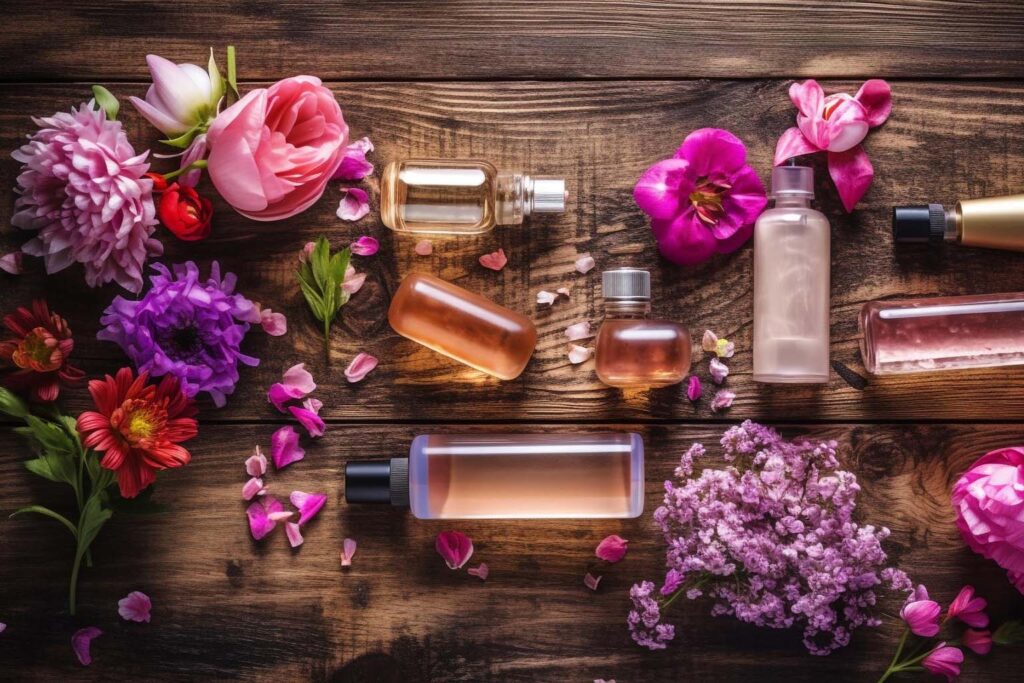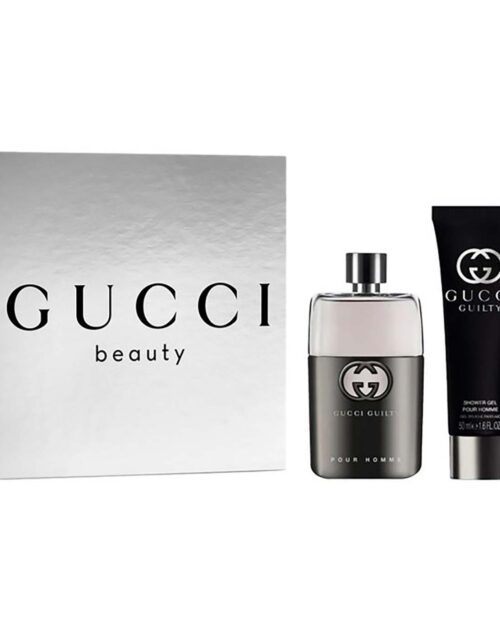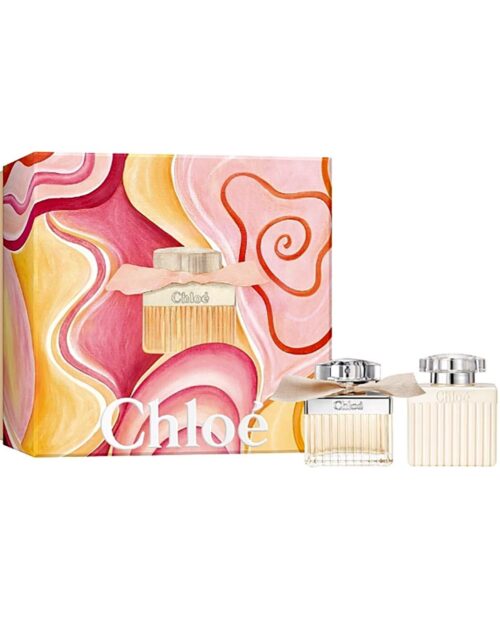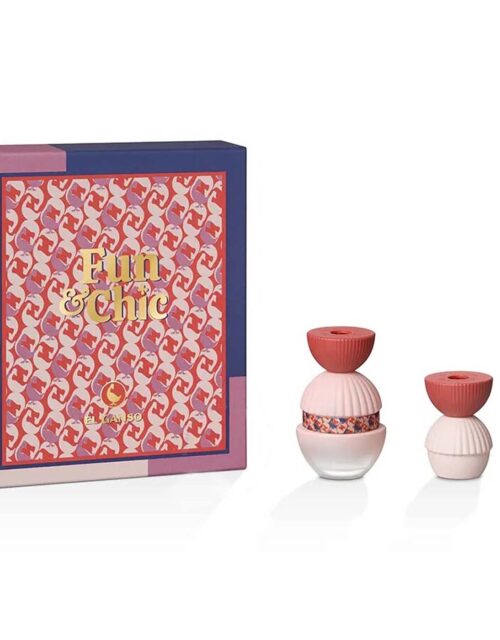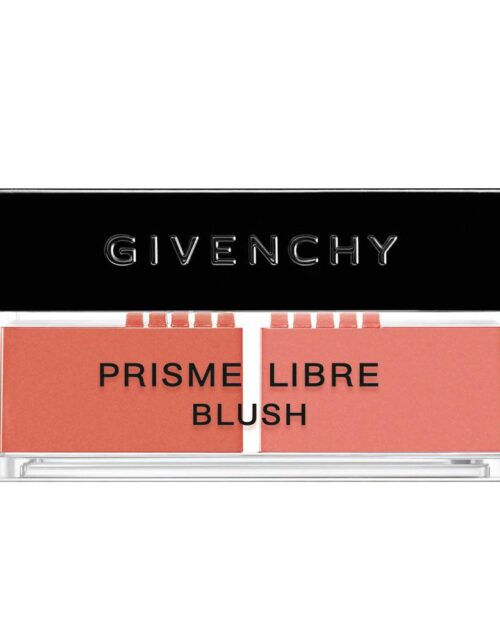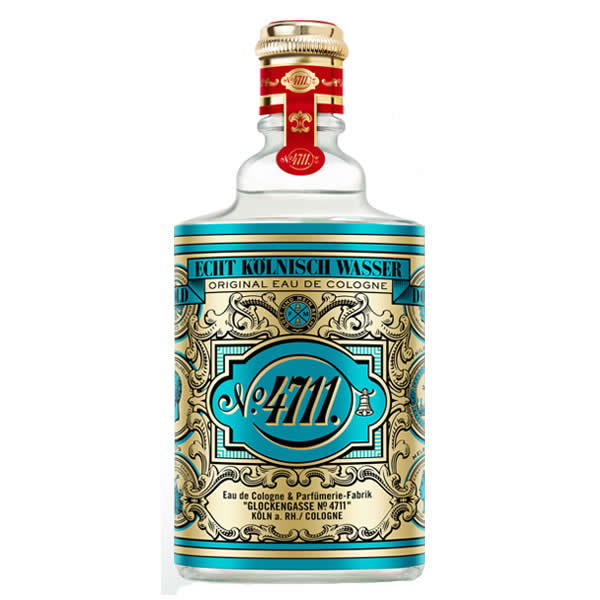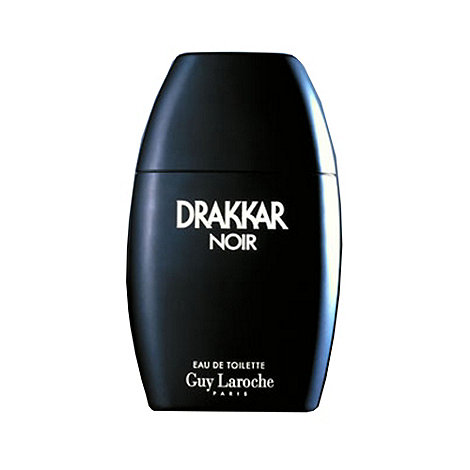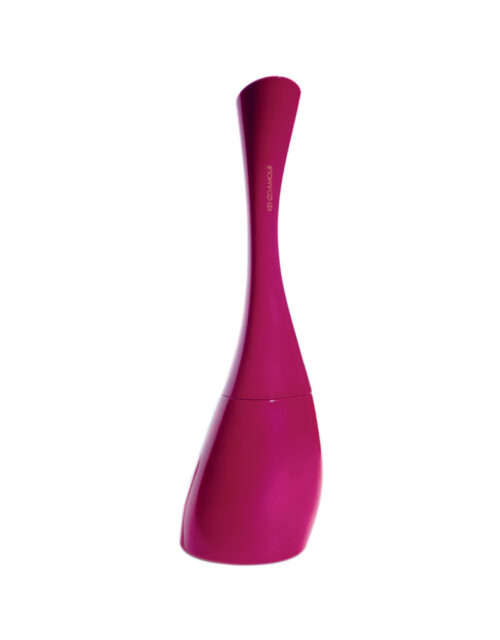The Art of Fragrance: A Guide to Selecting and Wearing Scents
**Fragrance: A Guide to Selecting and Wearing Scents**
Fragrance, an ethereal and evocative art form, has the power to transport us to distant lands, evoke cherished memories, and enhance our personal style. Selecting and wearing scents is a delicate balance of personal preference, chemistry, and occasion.
**Understanding Fragrance Families**
Fragrances are typically classified into several families based on their dominant notes. Floral scents, such as rose, jasmine, and lavender, evoke a sense of femininity and romance. Citrus scents, like lemon, orange, and grapefruit, are invigorating and refreshing. Woody scents, including sandalwood, cedarwood, and vetiver, convey warmth and masculinity. Oriental scents, characterized by spices, amber, and musk, are rich and alluring.
**Choosing the Right Scent**
When selecting a fragrance, consider your personal style and the occasion. For everyday wear, opt for lighter scents that complement your natural body chemistry. For special occasions, bolder fragrances can make a statement. It’s also important to test scents on your skin, as they may react differently depending on your individual chemistry.
**Applying Fragrance**
The art of applying fragrance lies in subtlety. Spray or dab the scent onto pulse points, such as the wrists, neck, and behind the ears. Avoid over-applying, as this can be overpowering. For a more diffused effect, spray the fragrance into the air and walk through the mist.
**Longevity and Projection**
The longevity and projection of a fragrance depend on its concentration. Eau de parfum and parfum have higher concentrations and last longer than eau de toilette and eau de cologne. Projection refers to how far the scent can be detected. Heavier scents tend to have greater projection, while lighter scents are more intimate.
**Fragrance Etiquette**
Wearing fragrance is a social grace that requires consideration for others. Avoid wearing strong scents in enclosed spaces or around people with allergies. Be mindful of the amount you apply and reapply sparingly throughout the day.
**Conclusion**
Fragrance is a powerful tool that can enhance our lives and express our individuality. By understanding fragrance families, choosing the right scent, applying it subtly, and observing fragrance etiquette, we can harness the transformative power of this olfactory art form. Whether it’s a delicate floral whisper or a bold oriental statement, fragrance has the ability to evoke emotions, create memories, and leave a lasting impression.
Fragrance Trends: Exploring the Latest Scents and Styles
Fragrance, an ethereal symphony of scents, has the power to evoke memories, enhance moods, and express personal style. In the ever-evolving world of perfumery, new trends emerge each season, captivating the senses and inspiring olfactory adventures.
One notable trend is the rise of “olfactive storytelling.” Perfumes are no longer mere scents but rather narratives that unfold on the skin. They transport wearers to distant lands, evoke historical moments, or paint vivid sensory landscapes. From the spicy allure of the Orient to the fresh, aquatic notes of the ocean, these fragrances invite us to embark on olfactory journeys.
Another trend is the resurgence of natural and sustainable ingredients. Consumers are increasingly seeking fragrances that are both environmentally friendly and gentle on the skin. Botanical extracts, essential oils, and upcycled materials are finding their way into perfume compositions, creating scents that are both aromatic and ethical.
Floral fragrances remain a timeless classic, but contemporary interpretations offer fresh twists on traditional bouquets. Floral scents are infused with unexpected notes, such as smoky woods, earthy spices, or metallic accents, creating a captivating blend of the familiar and the avant-garde.
For those seeking bolder olfactory experiences, niche fragrances are gaining popularity. These artisanal creations often feature unique and unconventional ingredients, pushing the boundaries of perfumery. From scents inspired by rare flowers to fragrances that evoke the aroma of leather or gunpowder, niche fragrances cater to discerning noses seeking olfactory exclusivity.
Finally, the trend towards personalization is evident in the fragrance industry. Consumers are increasingly seeking scents that reflect their individuality. Bespoke fragrances, tailored to personal preferences and skin chemistry, are becoming more accessible. This allows individuals to create their own olfactory signatures, expressing their unique style and personality through scent.
As the fragrance landscape continues to evolve, these trends offer a glimpse into the future of perfumery. From immersive storytelling to sustainable ingredients, from floral reinventions to niche creations, the world of fragrance is a vibrant and ever-changing tapestry of scents, inviting us to explore and discover our olfactory preferences.
The Psychology of Fragrance: How Scents Affect Our Moods and Emotions
**Fragrance: The Psychology of Scents**
Fragrance has an undeniable power to evoke emotions and alter our moods. The olfactory bulb, a small structure located behind the nose, is directly connected to the limbic system, the brain’s emotional center. When we inhale a scent, it triggers a cascade of neural responses that can influence our feelings, thoughts, and behaviors.
Certain scents have been shown to have specific psychological effects. For instance, lavender is known for its calming and relaxing properties, while citrus scents like lemon and orange are associated with feelings of alertness and energy. Peppermint, on the other hand, has been found to improve cognitive function and reduce stress.
The use of scents to influence mood and behavior is not a new concept. In ancient Egypt, priests burned incense during religious ceremonies to create a sacred and meditative atmosphere. In traditional Chinese medicine, scents are believed to have therapeutic properties and are used to treat a variety of ailments.
Modern research has confirmed the psychological effects of scents. Studies have shown that exposure to pleasant scents can reduce anxiety, improve sleep quality, and enhance mood. Conversely, unpleasant scents can trigger negative emotions and even lead to physical discomfort.
The power of scents extends beyond personal use. In retail settings, for example, specific scents are often used to create a desired ambiance and influence customer behavior. Studies have shown that scents associated with luxury, such as vanilla and sandalwood, can increase perceived product value and encourage spending.
The psychological effects of scents are not limited to humans. Animals also respond to scents in a variety of ways. Dogs, for instance, have an incredibly sensitive sense of smell and can use scents to identify their owners, track prey, and communicate with each other.
The study of the psychology of fragrance is a relatively new field, but it has already yielded significant insights into the powerful effects of scents on our minds and bodies. As research continues, we can expect to learn even more about the ways in which scents can be used to enhance our well-being, improve our performance, and create more meaningful experiences.

